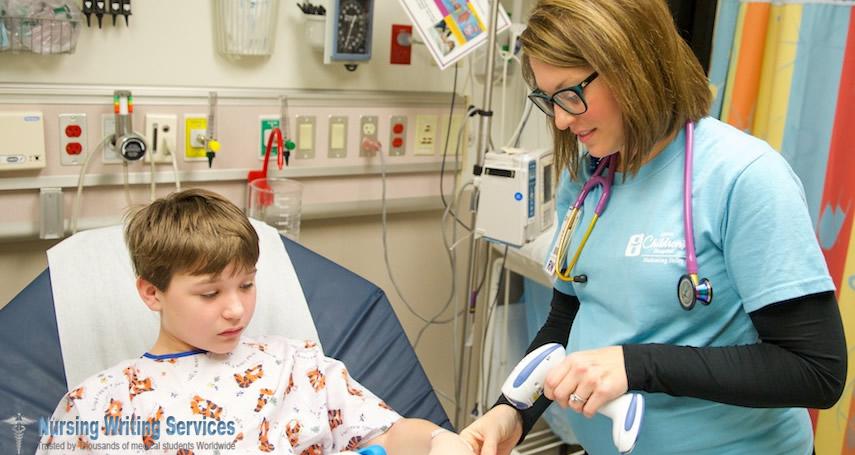How to Perform IV Insertion on Very Fragile Veins
IV insertion is inserting a needle into a peripheral vein to administer fluids, medications or blood. IV allows venous access also to enable sampling of blood, parenteral nutrition and chemotherapy.
A nurse must be ready for challenges that occur during IV insertion and build skills to overcome them. One of the difficulties that they encounter is patients with moderate to severe fragile veins. Some patients also have thin, dry skins complicating insertion further and increasing the risk of injury as well as susceptibility to infection. Many instances will require IV insertion and the patient trusts you as the nurse to insert without complications. Nurses should develop tips and strategies to insert an I.V device without causing harm to the patient.
1.Apply only minimal friction
Avoid applying too much friction as you prepare the skin if it fragile due to factors such as age. Too much friction on a sensitive skin might damage the surface tissues and put them at more risk of bacterial infection.
2.Avoid tourniquet much as possible
Do not use a tourniquet to facilitate IV insertion in a patient with very fragile veins unless it is vital. It is essential to be careful when handling older patients because many of them have dilated veins and tourniquet in such instances should be out of the picture. Choose light material tourniquet if it is necessary to use it. Apply it lightly but remove son after you notice some backflow of blood in a cannula. Improper use of a tourniquet on a patient with very fragile veins may cause venous "blow," skin damage and formation of a hematoma.
3.Use the smallest size of catheter available
The type of therapy that a patient should receive determines the gauge of a catheter to use for IV insertion. Nonetheless, health practitioners should choose the smallest size available to prevent possible damage in patients with fragile veins. The standard practice for IV therapy is that patients with delicate veins according to infusion nurses society should only get gauge 22 or 24. A catheter that is too large for vessel lumen can cause irritation as well as mechanical phlebitis and possible thrombus formation.
4.Insert the catheter slowly
Inserting an IV device for patients of all ages should be slow and steady. There should be no rush when inserting. You should use a bevel-up approach to slowly insert the needle on top of a vein to ensure that it stays stabilized. Try to keep it almost flat with a patient’s skin or at an angle of 20 to 30 degrees. Start by penetrating the vein with a single short stroke then slowly advance the needle and cannula. It is essential to begin by determining the proper needle-skin angle to use and provide good skin traction for stabilizing the vein before you proceed to IV insertion. You should from here use a bevel-up approach by slowly inserting a needle on top of a vein making an angle that is almost flat with the skin especially for dilated veins that are visible through the skin surface. You should take your time to insert to avoid causing more damage and harm to the veins.
ALSO READ:BEST NURSING ESSAY WRITING SERVICE
5.Use a paper type tape to secure the catheter.
Dry skins can get unnecessary damage if you use silk or plastic adhesives for securing the IV catheter. Paper-type tapes are the best method to maintain IV safe insertion for patients with unstable veins and sensitive types of skin. Use an adhesive solution to simplify the process of removing the adhesive with ease and without causing more damage to the skin.
Some factors can make a vein to be too fragile to pass an IV catheter. Aging, use of illicit drugs, long-term use of particular prescription drugs, heredity and exposure to UV rays are among the factors that cause fragility in a vein.
It is impossible to change the state of a vein immediately hence the need to use the above strategies to make it simpler to perform IV insertion. A long time measure is to educate the patient on how to improve the condition over time. Patients can reduce and prevent veins from becoming fragile by these ways;
- Avoid excessive exposure to the sun
- Use moisturizers
- Eat a balanced diet with much protein
- Take an adequate amount of fluids
Practice and learning how to perform IV insertion on very fragile veins simplifies nursing work .it also reduces discomfort and risk of infection to the patients.






